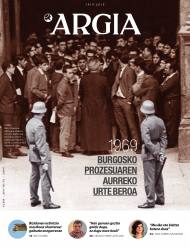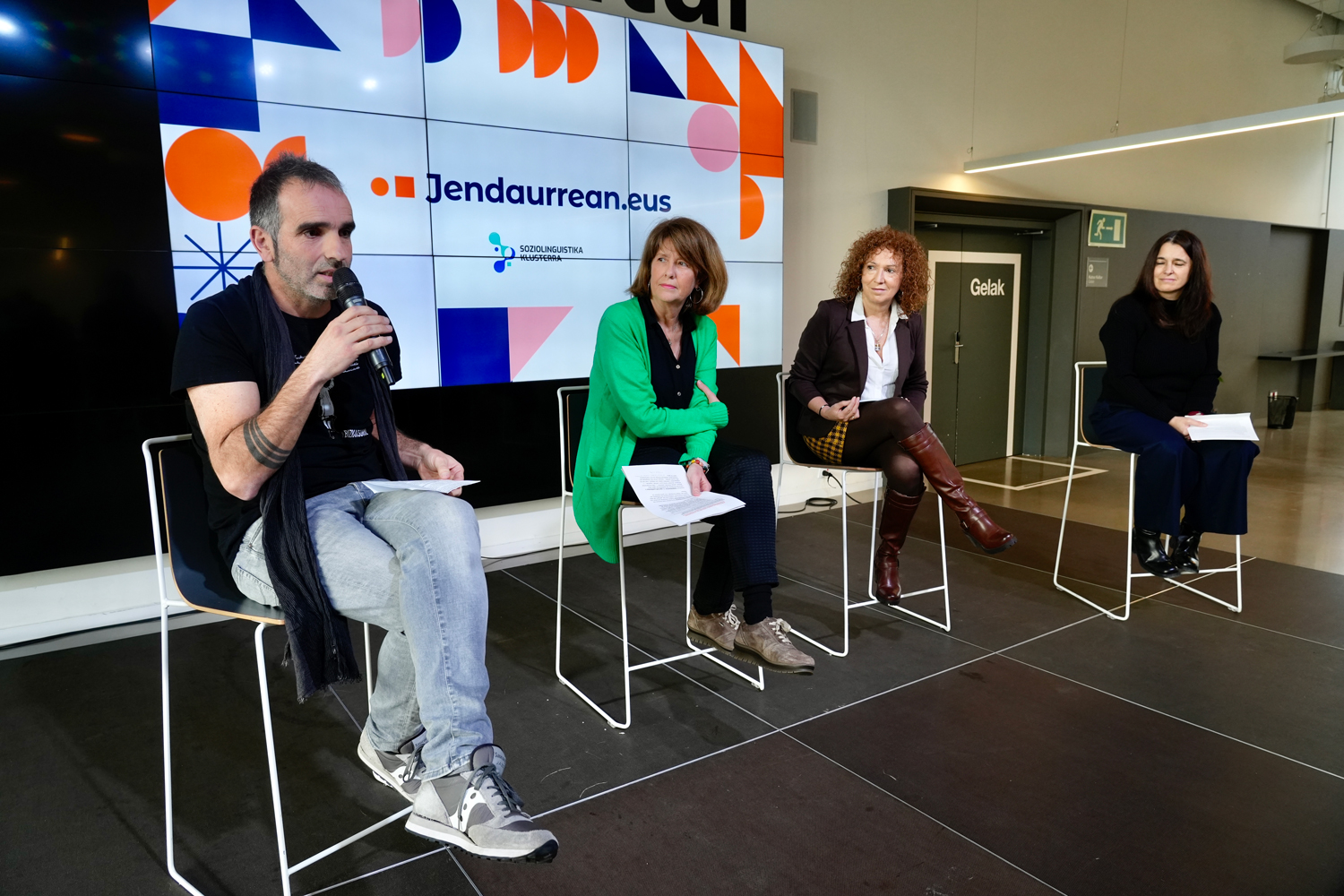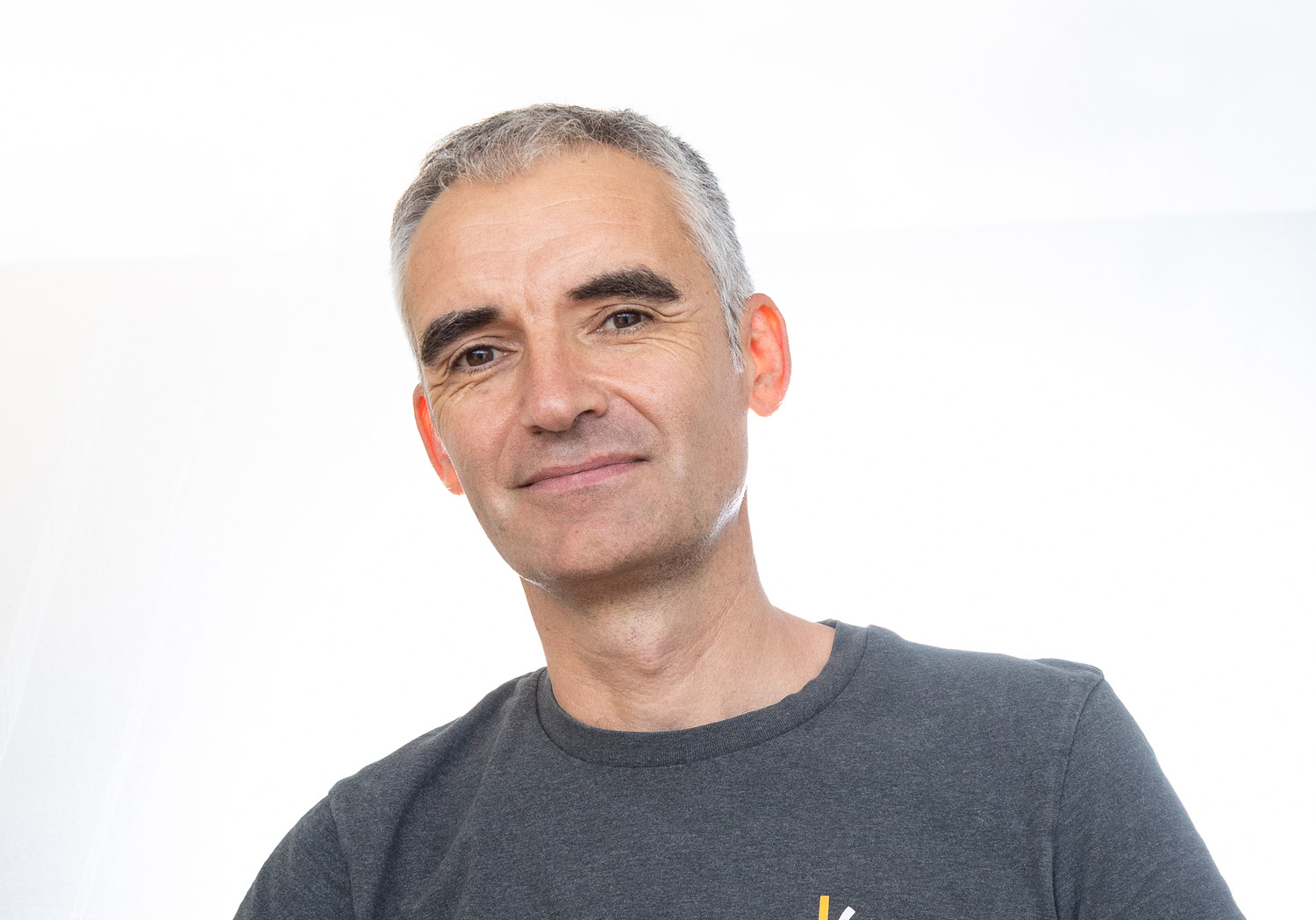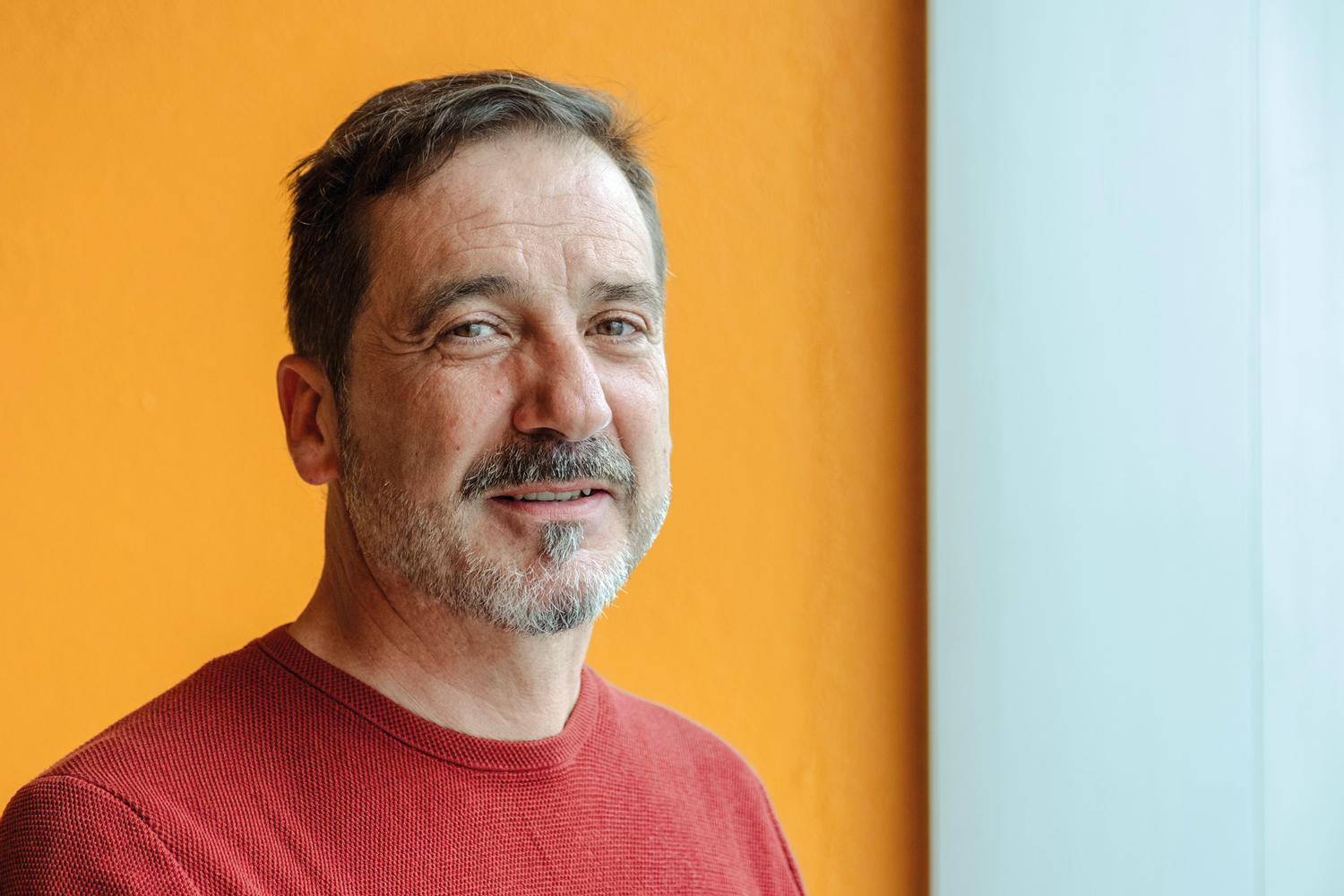The adventure turns on young Basques
- 121 young people between the ages of 16 and 17 will meet in EuskarAbentura in July. The expedition that has as one of its main objectives to make the Basque language an active agent, will go through Euskal Herria. The results of the 2018 edition have encouraged the organizers to repeat that, among other things, they have seen how the linguistic habits of young people, their attitude towards Euskera, have begun to change.
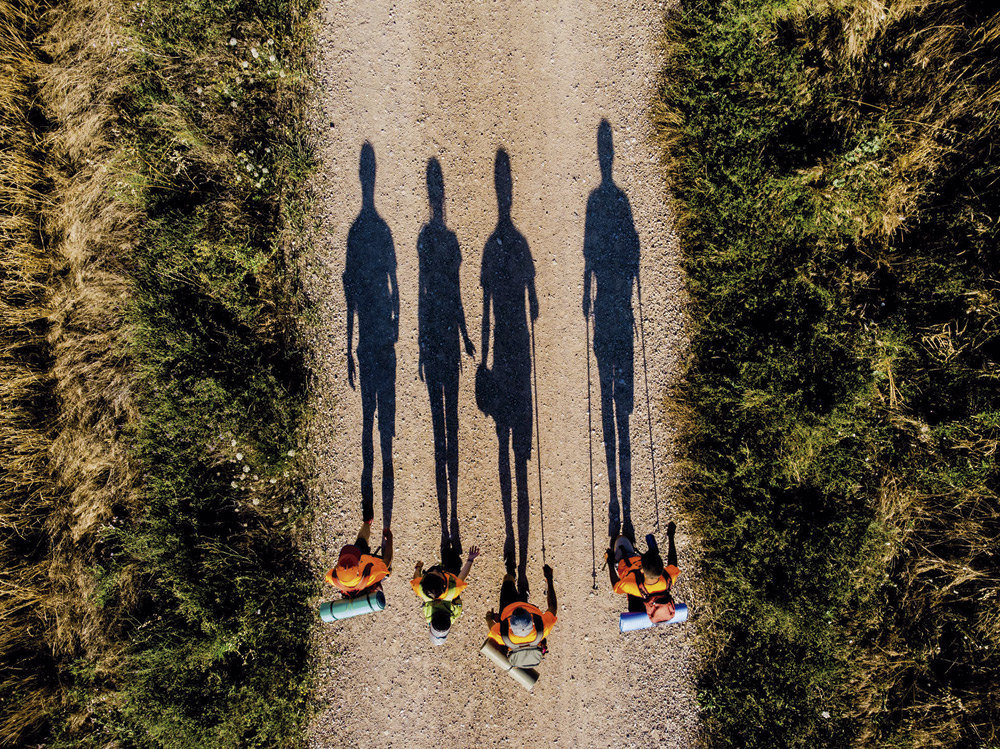
Uztailaren 1etik 31ra
16-17 urteko 121 gazte
Oinezko espedizioa: Euskal geografia, kultura eta historia ezagutzeko.
31 etapa eta 783 kilometro Euskal Herrian barrena
Antolatzailea: EuskarAbentura elkartea
The young people knew where they were going. They had to do a job to participate in the selection process and write a motivational letter. They knew that they were going to participate in a month-long expedition that would take place in Euskera, and that they were the protagonists and those responsible. Before going to the expedition, they signed a commitment to the Basque. The organizers of EuskarAbentura invited young Euskaldunes who would maintain the Basque, and at the same time those who would influence the maintenance of the Basque country in the surroundings.
The organizers voluntarily chose this age group, as this is an ideal time to influence consciousness. We have heard this from Ane Pedruzo, a member of the association: “It’s a good age to sow, to click sooner rather than later, to make the leap to live in Basque.” The organizers are satisfied, their beliefs and data coincide. In other words, they have begun to take the first steps for young people to become aware and form community among themselves. Before the start of EuskarAbentura, which has just ended, at seven months a number of questions have been addressed to the youngest. Asked about their motivation to use the Basque language, the average score is 7.65 out of 10 before the start of the expedition, and 8.58 after. As for how they develop in Euskera, the score is 7.85 out of 10, followed by 8.55. In the survey conducted seven months later, 94% said they had tried with new friends of the adventure, 61% who had spoken first in Basque on the street and 50% who had tried with other friends. Asked if language habits have changed in the day-to-day after seven months, 67% say they speak more Basque, and 24.7% say they have not made any changes. Almost all those who have responded to this last percentage are those who live in Basque in the Basque areas.
In addition to the surveys, it has been possible to find that they have been able to influence young people. For example, their parents and teachers have told them they've noticed the change. In addition to influencing language habits, it has begun to create a community of young people. The organizers know that after the 2018 EuskarAbentura, during the summer, many young people enjoyed many festivities. Last October the organizers approached Vitoria-Gasteiz to witness the match of the Basque football team. They also met on the pretext of presenting the 2019 expedition at the Durango Fair. In July of this year about 60 members of last year’s expedition have decided to go together to the campsite, and their desire and the intention of the organizers is that one or more of those days should be added to the youth of 2019. That's the goal. Form a community, grab the Basque and influence the environment of the young people who gather in expeditions throughout the region of Euskal Herria and the diaspora.

Tools for the maintenance of Euskera
The EuskarAbentura association has liberated two people and in the period of enrollment two other people were dedicated to performing promotion tasks in schools for three months. All partners are volunteers. In the group you have a sociolinguistics and the organizers have recognized that last year they prepared the first edition as they could. The experience of last year is intended to further improve the second edition of the Behobia-San Sebastián. Thus, dynamics will be reused which last year were useful and others will be new.
They will be divided into groups of eleven members depending on their origin, sociolinguistic reality, linguistic habits, whether or not they come with their friends and gender.
Like last year, talks will also be held this year on the situation of the Basque Country in each territory of the Basque Country. The novelty of this year will be the Science of Language and Linguistic Diversity talk in the world. In addition to the Basque Country, the objective is to work on the awareness of minority languages in the world.
During the 2018 financial year, various interventions were prepared and tested at the same time depending on the circumstances in which they occurred. They are kept in the bag this year, although they have to use them. For example, they formed a group of influencers from the Basque Country. Upon detecting that some of the leaders headed for Spanish, they were summoned to a coffee meeting. They proposed to take the role of leader, so that they could deal more with Euskera and achieve the same with others. The young people took the thing seriously. The other intervention that was launched was the Eusle method. Each group had to choose Eusles, that is, friends who could keep the Basque. It worked in some groups and in others not so much.
Special consideration was given to the difference between the inhabitants of the Basque and Castilian speaking areas, when it was found that some of the Basque areas highlighted the lower level of Euskera in the Castilian and Spanish speaking areas and that, at the same time, the young people of the Castilian and Spanish speaking areas were ashamed of their lack of Euskalki. They all made an effort for empathy. On another occasion, they were put to work by couples, since the person who had a tendency to Spanish had to choose their partner to speak in Basque with her.

Although the four interventions were largely improvised, they had the general framework of the Basque protocol prepared specifically for the expedition. To achieve this protocol, they had the advice of Pello Jauregi and Asier Lafuente, among others, to carry out the journey. Before the expedition, the entire team received training from the GEU association to ensure the assertive use of the language.
Some of the members of the EuskarAbentura association knew in their youth some inadequate methods that adults used to translate young people into Euskera. Ane Pedruzo has explained to us that they do not want a repetition of methods that were not worth with them, such as penalties, threats or tonic to young people, “if you do me in Spanish I don’t understand you” and saying things like that. “We talk about respect, person-to-person, assertiveness. They received the message and understood that they had committed themselves to using and influencing Euskera. This concern was collective and positive.”
I think it will have to do with the hangover of the profession, but I have to acknowledge that I look at the linguistic landscape of the places I visit. Signs that stick on the walls, hanging from streetlights, billboards, and supports that appear in shops or companies (signs,... [+]









